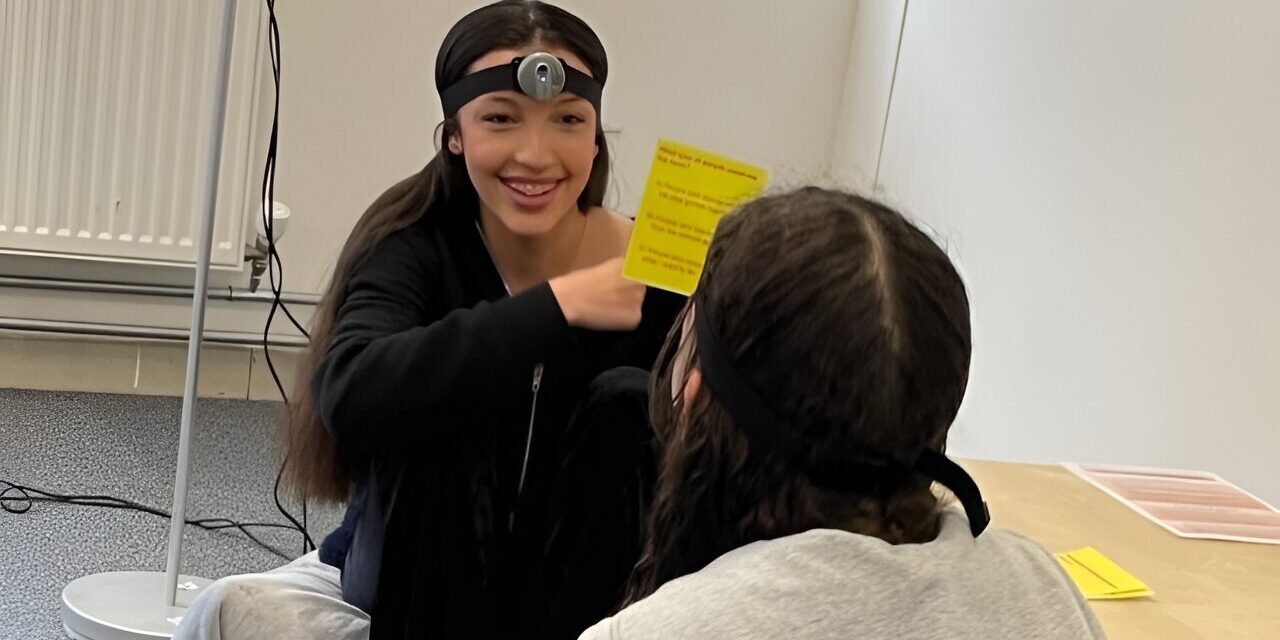In a groundbreaking collaboration between King’s College London and Manchester Metropolitan University, researchers have leveraged wearable headcams and cutting-edge face decoding technology to delve into the nuanced world of teenagers’ facial expressions. This innovative approach has the potential to unveil hidden emotions and provide valuable insights into parent-adolescent relationships.
Published in the journal Frontiers in Child and Adolescent Psychiatry, the study showcases how wearable headcams captured real interactions among adolescents and their parents, offering a unique window into the intricacies of emotional expression. By analyzing recordings of facial expressions through advanced AI software, researchers were able to detect and understand subtle nuances of emotions across minute time scales.
Dr. Nicky Wright, psychology lecturer at Manchester Met and lead researcher, highlights the significance of this technology in promoting mutual understanding and communication between teens and their parents. “Our facial expressions serve as critical non-verbal social cues, communicating our emotions and intentions. Understanding these variations can provide critical information to support relationships,” explains Dr. Wright.
The study involved 110 families, with adolescents aged 14–16 and their parents participating in everyday interactions captured by headcams during card game sessions. By co-designing protocols for using the headcams in interactive workshops and mobile research vans, researchers ensured the authenticity and relevance of the data collected.
Dr. Tom Jewell, lecturer in mental health nursing at King’s College London and senior author of the paper, emphasizes the potential applications of this technology in therapy settings. “One of the most exciting things about this project is the potential to use headcam footage in family therapy sessions. Therapists could review interactions, identifying positive moments and fostering better communication,” notes Dr. Jewell.
With mental health issues among young people on the rise, this research offers a promising avenue for promoting resilience and well-being. By decoding facial expressions and facilitating better understanding between parents and teenagers, this technology has the potential to enhance therapeutic interventions and support positive parent-adolescent relationships.
Looking ahead, the research team plans to explore the use of automated facial coding as a tool for improving communication and relationships within families. By better understanding mood and mental health disorders, this technology could pave the way for more effective interventions and support systems for adolescents and their parents.
As society grapples with the challenges of adolescent mental health, innovative approaches like wearable headcams and AI-driven facial decoding offer hope for fostering healthier, more supportive relationships and empowering young people to navigate the complexities of adolescence with confidence and resilience.












